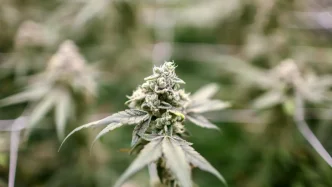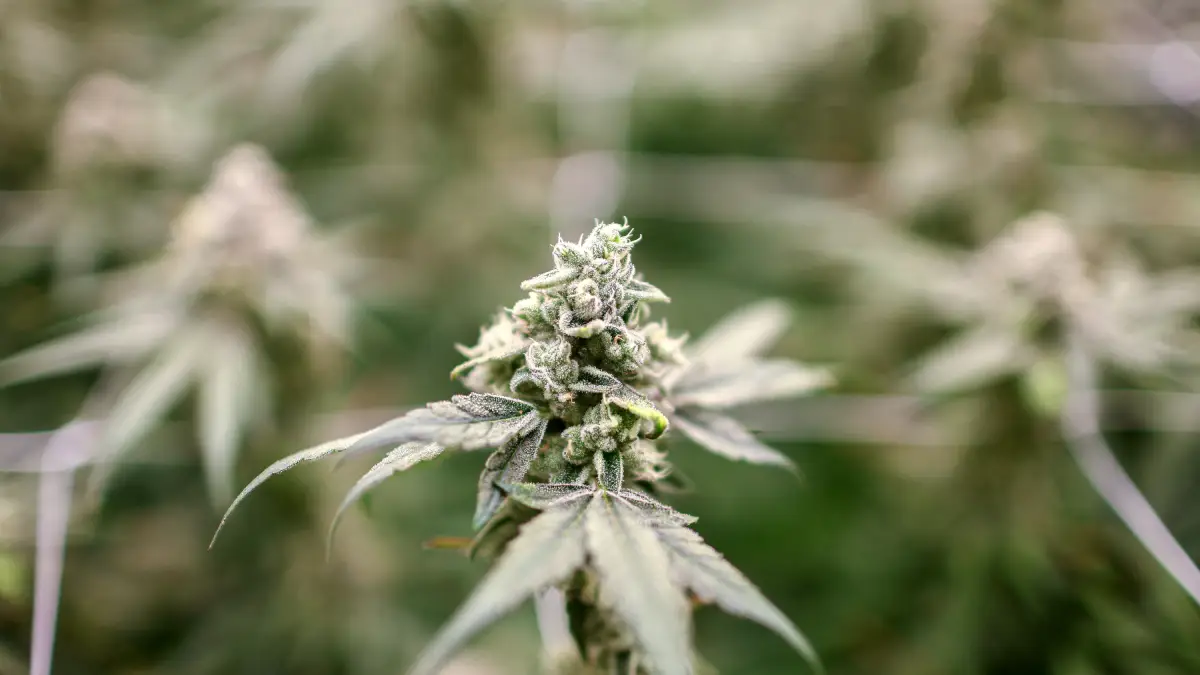Thailand’s government has introduced sweeping new regulations to reclassify cannabis flowers as controlled herbs, imposing strict licensing requirements and banning public sales. Announced on June 26, 2025, by the Public Health Ministry, the move reverses a 2022 policy that had declassified cannabis as a Category 5 narcotic, signaling a significant shift in the country’s approach to the substance amid growing concerns over misuse.
Under the new rules, signed into effect by Public Health Minister Somsak Thepsutin and published in the Royal Gazette, cannabis use is now strictly limited to medical applications. The policy, which follows directives from Prime Minister Paetongtarn Shinawatra, aims to curb the widespread availability of cannabis that has surged since its partial decriminalization three years ago. This development has sparked debate over public health, economic impacts, and individual freedoms in a nation once known for its stringent drug laws.
A Reversal of Liberalization
The reclassification of cannabis flowers as controlled herbs marks a stark departure from the 2022 ministerial order that removed the plant from Thailand’s narcotics list. That earlier decision had positioned Thailand as a pioneer in Southeast Asia, fostering a burgeoning cannabis industry with dispensaries sprouting across cities like Bangkok, particularly in tourist-heavy areas such as Khao San Road. However, the rapid proliferation of cannabis products raised alarms among policymakers and health officials, who cited increasing reports of recreational misuse and inadequate oversight.
The new regulation zeroes in on the flowering parts of the cannabis plant, designating them as controlled herbs while leaving other components less restricted. This targeted approach reflects the government’s intent to balance medical access with tighter control over the parts most commonly used for recreational purposes. “The priority is to ensure cannabis serves medical needs without becoming a public health risk” said a spokesperson for the Public Health Ministry during a recent press briefing.
Thailand’s rollback comes as other countries in the region watch closely. Nations like Malaysia and Singapore maintain strict anti-drug policies, while Thailand’s experiment with liberalization had been seen as a potential model. The latest policy shift may signal caution to others considering similar reforms, highlighting the challenges of regulating a substance with both medical potential and social risks.
Stringent Licensing and Sales Restrictions
Central to the new regulation is a rigorous licensing framework under Section 46 of the Thai Traditional Medicine Wisdom Protection and Promotion Act. Individuals or organizations seeking to research, export, sell, or process cannabis flowers must now obtain a license, documenting the source, intended use, and stored quantities. License holders are also required to submit regular reports to the registrar using standardized formats, ensuring transparency and accountability.
Sales of cannabis flowers are restricted to transactions between licensed entities, with all products required to originate from sources certified under Good Agricultural and Collection Practices (GACP) by the Department of Thai Traditional and Alternative Medicine. Commercial sales through vending machines or online platforms are explicitly banned, as is any form of advertising. Additionally, sales are prohibited in public spaces such as temples, religious venues, dormitories, public parks, zoos, and amusement parks, aiming to limit exposure in community settings.
These restrictions pose significant challenges for the thousands of small businesses that emerged post-2022, many of which relied on direct-to-consumer sales in tourist areas. For instance, dispensaries on Khao San Road, a hub for backpackers in Bangkok, may struggle to comply with the new licensing and sales rules, potentially driving some underground or out of business entirely. The economic ripple effects could be substantial, particularly for entrepreneurs who invested heavily in what was once a promising market.
Medical Use Exemptions and Practitioner Roles
Despite the tightened controls, the regulation carves out exemptions for medical use, allowing cannabis to be prescribed by a range of practitioners. These include professionals under the Medical Professions Act, traditional Thai medicine practitioners, applied traditional Thai medicine practitioners, folk healers licensed under the Traditional Thai Medicine Professions Act, and Chinese medicine practitioners. Prescriptions must specify the amount needed for treatment, with usage periods capped at 30 days to prevent over-prescription.
This medical focus aligns with the government’s stated goal of prioritizing health benefits over recreational use. Cannabis has been recognized for its potential in treating conditions such as chronic pain, epilepsy, and anxiety, and Thailand has sought to integrate it into traditional and alternative medicine frameworks. However, critics argue that the stringent licensing and sales restrictions could limit patient access, particularly for those relying on smaller, unlicensed providers who may no longer operate legally.
Public health experts have welcomed the emphasis on medical applications but caution that implementation will be key. “Regulations are only as effective as their enforcement” said Dr. Anong Chaiyaporn, a Bangkok-based health policy analyst. “Without clear guidelines and resources for monitoring, we risk creating a system that’s restrictive on paper but porous in practice.”
Economic and Social Implications
The reclassification of cannabis flowers is poised to reshape Thailand’s economy, particularly in sectors tied to agriculture and tourism. Since 2022, cannabis cultivation and sales have provided income for farmers and small business owners, with the industry estimated to be worth billions of Thai Baht (hundreds of millions in USD, based on exchange rates as of June 26, 2025). For example, a single dispensary in Bangkok might generate monthly revenues of 500,000 Thai Baht (US$14,000), a significant sum for local entrepreneurs. The new licensing costs and sales bans could squeeze these businesses, potentially leading to job losses and reduced rural incomes.
Tourism, a cornerstone of Thailand’s economy, may also feel the impact. Cannabis dispensaries have become a draw for international visitors, particularly in areas like Khao San Road, where colorful storefronts and novelty items—such as marijuana leaf-shaped balloons—have added to the cultural allure. With public sales now prohibited, tourists may turn to illicit markets, raising concerns about unregulated products and associated health risks.
Socially, the policy has divided public opinion. Supporters argue that tighter controls are necessary to protect vulnerable populations, especially youth, from the risks of recreational cannabis use. Reports of increased hospital admissions for cannabis-related issues since 2022 have fueled these concerns, though concrete data remains limited. On the other hand, opponents view the regulations as a step backward, stifling personal freedoms and undermining a nascent industry that had begun to destigmatize cannabis in Thai society.
Regional Context and Global Perspectives
Thailand’s policy shift occurs against a backdrop of evolving global attitudes toward cannabis. While countries like Canada and several US states have embraced full legalization, others remain cautious, balancing public health with economic opportunities. In Southeast Asia, where drug laws are often harsh—Singapore, for instance, imposes severe penalties for possession—Thailand’s initial liberalization had been an outlier. The current rollback may align more closely with regional norms, though it risks alienating progressive voices who saw the 2022 policy as a model for reform.
Internationally, the Thai government’s actions could influence debates over cannabis regulation. If the new rules succeed in curbing misuse while preserving medical access, they might offer a blueprint for other nations grappling with similar issues. However, if enforcement falters or economic losses mount, the policy could serve as a cautionary tale about the challenges of reversing liberalization once industries and cultural shifts have taken root.
Looking Ahead
As Thailand navigates this new chapter in cannabis regulation, questions linger about the long-term impact on public health, the economy, and social attitudes. Will the government provide sufficient support for businesses and patients to adapt to the licensing system? Can enforcement keep pace with an already established informal market? And how will tourists and locals perceive a policy that rolls back freedoms once granted?
For now, the streets of Bangkok, once dotted with dispensaries proudly displaying cannabis imagery, may see a quieter presence of the industry. Yet the debate over cannabis in Thailand is far from settled, with advocates on both sides poised to shape the future of this controversial plant in one of Southeast Asia’s most dynamic nations.















